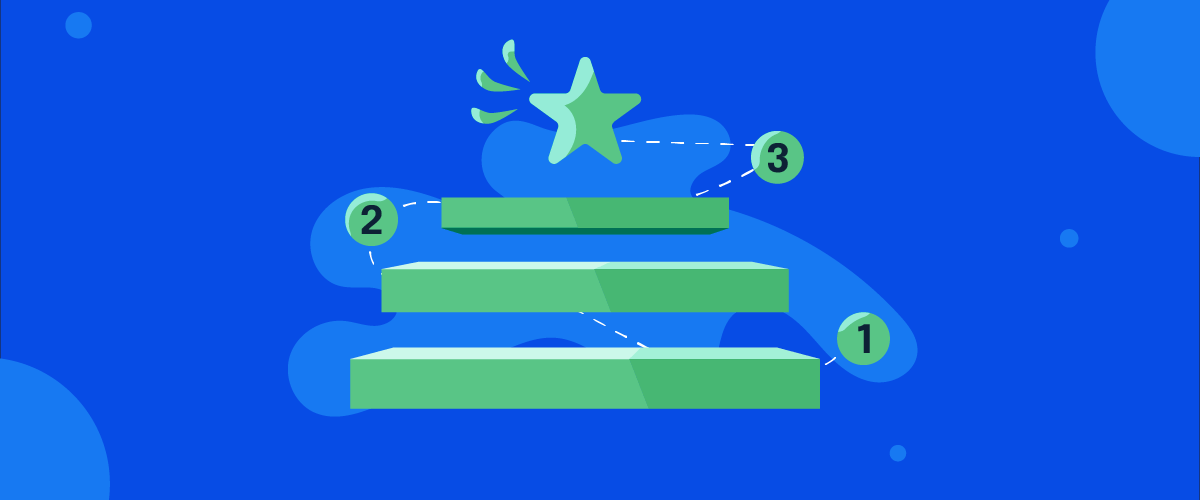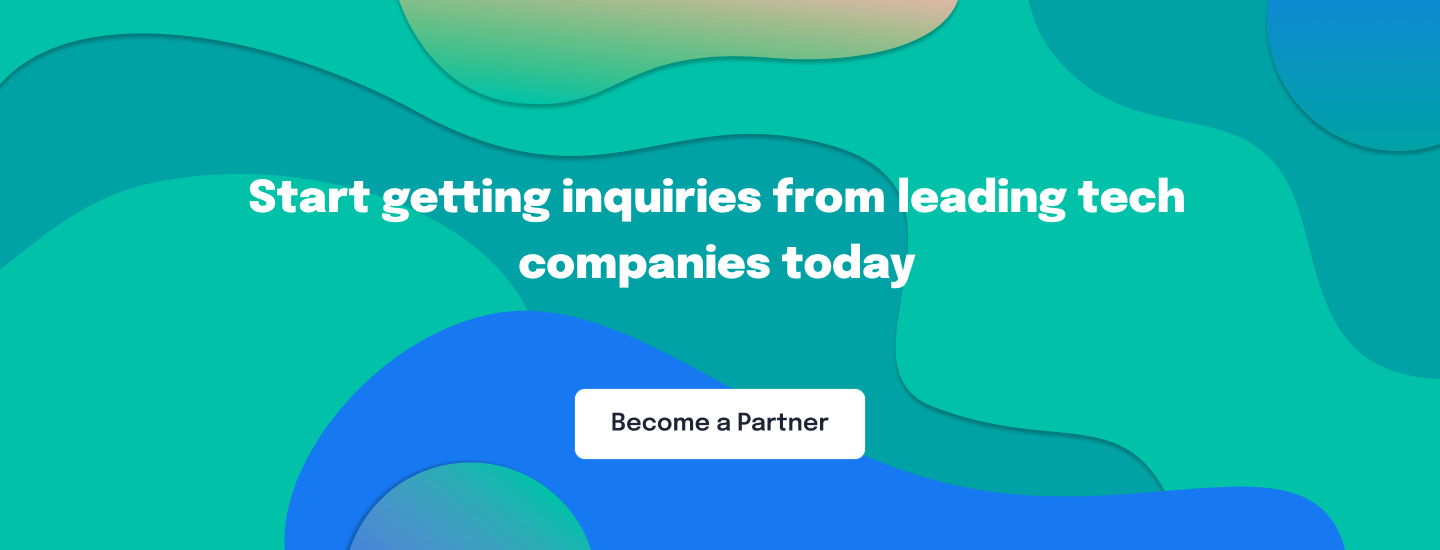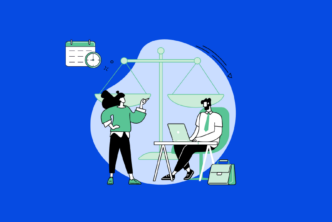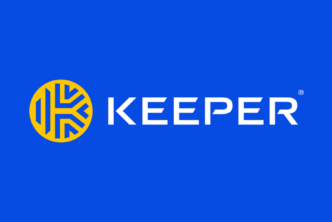We’re sure you know how the interview is structured, and you’ve read about the pitfalls that may await you. However, it can be an overwhelming process in which you may forget something.
That’s why we’ve prepared an interview checklist to make the developer feel collected and confident.
Table of Contents
Things to do before and during your interview
Step 1: Research the product and company before the interview.
Research and preparation will help you tailor your answers to position yourself as a solution to the customer’s problems. You may also have questions about the company and its culture to see if this project is right for you. Visit the company’s “About Us” page and blog, read user reviews if it’s a product company, and look for mentions of the organization in public sources such as news articles.
Step 2: Talk about your experience. Be sure to highlight what is relevant to the project.
To demonstrate your relevant industry and technology experience, you should figure out the relationship between your skills and portfolio and the responsibilities and requirements of the project:
- Read the requirements specified in the project description. Briefly note what the role implies, including daily tasks, required skills, specific technologies, and goals.
- Draw parallels with your background and technical expertise. Identify tasks from your previous experience similar to those listed in the project description.
- Talk about a relevant experience during the interview. Focus on specific responsibilities, what technologies you used for which tasks, and describe situations in which you had the opportunity to improve your skills and productivity.
- Refer to your submitted ATS resume and make a reference during the interview. Using relevant keywords in your resume helps with applicant tracking systems and allows you to stand out from other applicants.
Step 3: Read the interviewer’s body language to find a balance between a thorough answer and too much detail.
As Forbes playfully points out, “Interviewing is a lot like dating. It’s not easy to guess what the other person is thinking.” On a video call, subtle emotions or gestures are even more difficult to recognize when a person is sitting up straight and looking at the screen.
However, there are clear visible signals — if the interviewer looks down, leans back, slouches, or shows other signs of disinterest, this may mean that you are going into too much detail. Complete the logical thought and wait for the interviewer to come up with follow-up questions.
Step 4: Ask questions to show your interest in the job.
By asking questions about the company’s current goals and plans for its future development, you signal your interest in the customer’s product/project. You can also ask questions related to the job, such as “What goals will this position have for the next six months?” or “How does the company evaluate task performance?”
Meanwhile, culture-specific questions will help you better understand company values and remote employee engagement. Try asking these:
- How are remote employees integrated into the company culture?
- Is there anything I should read before starting that would help me find common ground with my colleagues?
- Is risk encouraged, and what happens when people fail?
Why a product-centric mindset is a key to winning a customer
Most of our clients are looking for team expansion or staff augmentation models and therefore count on direct, active collaboration with the developer. They want someone on their team who loves to be involved in discussions around product solutions and their realization and has the following qualities:
- Genuinely cares about how the product works.
- Suggests alternative product approaches that might work better.
- Is an active team member, expressing their thoughts and contributing to product development.
You can read more about the key traits of product-minded engineers in an article by Gergely Orosz, a former Uber and Microsoft engineer.
To summarize, the success of the interview greatly depends on the following:
- Displaying a genuine interest in the customer’s product/project, for instance, by asking questions.
- Relevant industry and technology experience.
- A product-centric mindset.
- Strong English proficiency.
- Ability to give detailed but concise answers.
Pro interview tips for candidates
- Don’t hesitate to ask. The person interviewing you may have an accent or speak too fast. If you don’t understand some questions, feel free to say so, for example: “Excuse me, could you repeat that, please?” / “Sorry, I didn’t get the last question. Could you rephrase it, please?”
Don’t try to guess the question — chances are your answer won’t meet expectations. - Show your approach to problem-solving. When answering questions, remember that customers are interested in your way of thinking and problem-solving ability, not just simple facts. Feel free to share your opinion and start a discussion with a customer — your proactivity is always appreciated.
- Be honest. If you don’t know something or haven’t worked with a particular technology, be frank about it, but try adding a positive twist — perhaps you’ve worked with something similar / read about it / are interested in learning about it. You can also give an example of how you learned a new technology or approach when needed.
- Keep it positive. No need to complain about the previous projects/managers/teammates. Try to focus on what you did to keep the work on track.
- First-person replies. Customers appreciate a developer’s independence and responsibility in completing tasks. Try to speak about your own experience rather than the team’s accomplishments. For example: “I was working on… When I had a problem on this project, I solved it by…” instead of, “We worked on… We had a project…”
- Share additional accomplishments. Sometimes customers want to know more about you. Your professional skills are important, but perhaps you have something else you are proud of. What if you mastered a new technology in a short time or successfully developed your own project? Do you attend hackathons or even mentor young developers? Remember that such accomplishments usually add bonuses to your experience.
Want to practice answering the customer’s trickiest questions? Use our interview question generator.







